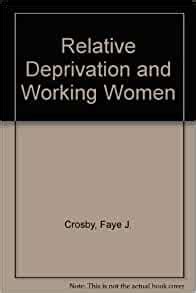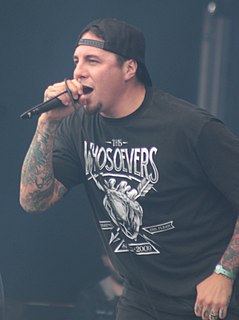A Quote by Joshua Oppenheimer
I came across the Indonesian genocide in 2001, when I found myself making a film in a community of survivors. They were plantation workers, and it turned out they were struggling to organize a union.
Related Quotes
25 million of Russian people suddenly turned out to be outside the borders of the Russian Federation. They used to live in one state; the Soviet Union has traditionally been called Russia, the Soviet Russia, and it was the great Russia. Then the Soviet Union suddenly fell apart, in fact, overnight, and it turned out that in the former Soviet Union republics there were 25 million Russians. They used to live in one country and suddenly found themselves abroad. Can you imagine how many problems came out?
On one occasion, Daniel Day-Lewis, Jeremy Irons and myself were due to appear at the Sarajevo film festival and were turned off a UN plane on orders from Geneva. We had to get local journalists to transport the films in for us. I tell you this only to demonstrate that festivals can be a lifeline. But, after all the difficulties I'd had in getting there, in 1996 I found myself being flown in on a four-seater RAF plane as an official guest, endorsed by the British Embassy. Ironically, the film I was to present was Mission: Impossible.
Not only did waging war against Hitler fail to save the Jews, it may be that the war itself brought on the Final Solution of genocide. This is not to remove the responsibility from Hitler and the Nazis, but there is much evidence that Germany's anti-Semitic actions, cruel as they were, would not have turned to mass murder were it not for the psychic distortions of war, acting on already distorted minds. Hitler's early aim was forced emigration, not extermination, but the frenzy of it created an atmosphere in which the policy turned to genocide.
On September 11th, 2001, in our time of grief, the American people came together. We offered our neighbors a hand and we offered the wounded our blood. We reaffirmed our ties to each other and our love of community and country. On that day, no matter where we came from, what God we prayed to, or what race or ethnicity we were, we were united as one American family.
...the workers aren't going to stop struggling. They're going to struggle to have a union and they have the right to have it. The police repression and the grower indifference to the workers' demands for recognition cannot go unheard so we're going to keep on struggling until we get that recognition.
When men and women across the country reported how happy they felt, researchers found that jugglers were happier than others. By and large, the more roles, the greater the happiness. Parents were happier than nonparents, and workers were happier than nonworkers. Married people were much happier than unmarried people. Married people were generally at the top of the emotional totem pole.
Individual heterosexual women came to the movement from relationships where men were cruel, unkind, violent, unfaithful. Many of these men were radical thinkers who participated in movements for social justice, speaking out on behalf of the workers, the poor, speaking out on behalf of racial justice. However when it came to the issue of gender they were as sexist as their conservative cohorts.
My clients were always poor folks, working folks, people who were in trouble and couldn't afford to pay a whole lot. I found it very difficult to say no to somebody who needed help, so most of my work turned out to be pro bono. It didn't start out that way, but it turned out that way because I never got paid.
It's quite interesting, looking back at the first one [film about Harry Potter], nobody knew whether or not it was going to be successful as a film. The books were of course already very successful, but that's happened before, where the books were successful and the films weren't at all. But it turned out that they were.





































